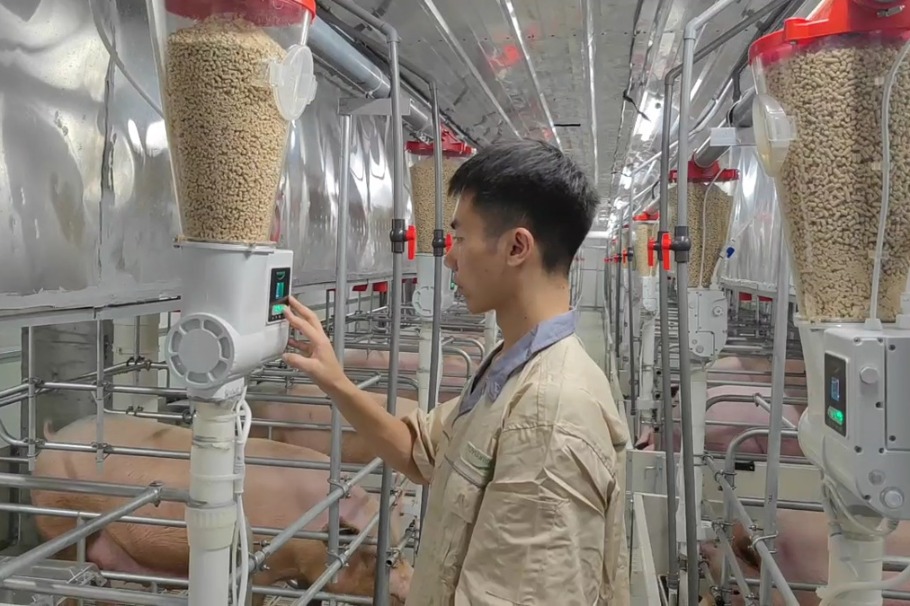Foreign govt-backed hackers 'biggest threat' to cybersecurity


Cyberattacks launched by hackers backed by foreign governments have become the biggest threat to China's cybersecurity and the country needs to ensure such attacks can be detected more accurately to prevent devastating losses, said Zhou Hongyi, a member of China's top political advisory body.
As the attacks are secretive, many companies and organizations only realize they've happened when there is a data leak. Some may never realize that they have even been attacked, Zhou, a member of the 14th National Committee of the Chinese People's Political Consultative Conference and the founder of cybersecurity company 360 Security Group, said in an exclusive interview with China Daily.
Detecting invisible attacks has become the most pressing matter in keeping China's cyberspace safe, especially after the development of the digital economy and the construction of "Digital China" becoming national strategies, Zhou said.
"At the national level, China needs to establish a sample database for cyberattacks by hackers backed by foreign governments, so attacks can be spotted more accurately in the future," he said.
In recent years, 360 has identified 51 hacker organizations targeting China that were backed by foreign governments, and they have launched thousands of cyberattacks on the country, he said.
Security experts from the company helped to expose that the United States National Security Agency was responsible for cyberattacks and theft operations against Northwestern Polytechnical University in Xi'an, Shaanxi province, in April. During investigations, they also found that some core technical data was stolen in those cyberattacks.
Zhou added that governments can also help build city-level digital security centers. Those platforms will allow different companies to work together when cyberattacks happen.
Furthermore, by using software as a service, medium, small and micro businesses can gain better access to cybersecurity services, he said.
"This will prevent them from becoming cybersecurity loopholes that can lead to attacks on large companies and even State networks," he said.
Zhou warned that the artificial intelligence chatbot ChatGPT can be used by hackers to search for codes and obtain cyberattack weapons, making the attacks more efficient.
"I believe ChatGPT should be seen as a tool of assistance, but it cannot launch cyberattacks by itself. It's hackers who launch attacks. So the way we fight cyberattacks doesn't need to be changed. The priority is still to detect invisible attacks," he said.
As a member of the 13th CPPCC National Committee, Zhou has submitted 17 proposals on security issues. In the past two years he has produced proposals on cybersecurity and data security issues related to the internet of vehicles.
"I submitted one proposal about intelligent connected vehicles last year, and later the Ministry of Industry and Information Technology announced the need to establish a security system for the internet of vehicles," Zhou said.
One of the proposals Zhou plans to submit this year is how China can create more advanced ChatGPT-like models. He believes that China mustn't fall behind in the global competition of developing artificial intelligence that can significantly boost productivity.
"China can set up several ChatGPT-like model research centers offering access to open-source data so researchers and innovative enterprises can both contribute to the development of the model and pursue different development paths," Zhou said in his proposal. "The country is capable of developing ChatGPT-like models that can be as intelligent as ChatGPT at the current stage within two to three years."
He added that ChatGPT-like models shouldn't be only in the hands of a few corporations, which has prevented its social value from being maximized.
cuijia@chinadaily.com.cn

- Beijing-Tianjin-Hebei 2025 celebrations shine at Zhengding county
- Multiple legal, policy measures take effect in China
- SCIA elevates global reach with launch of new English website
- Legacy of Tea Horse Road lives on in Yunnan village
- Brewing rich legacy of tea culture
- China's unfolding story of innovation, unity and influence





































